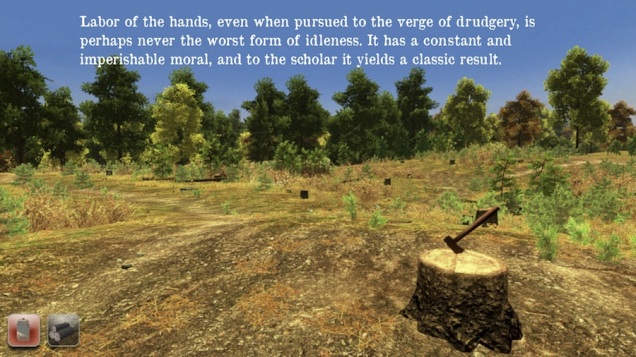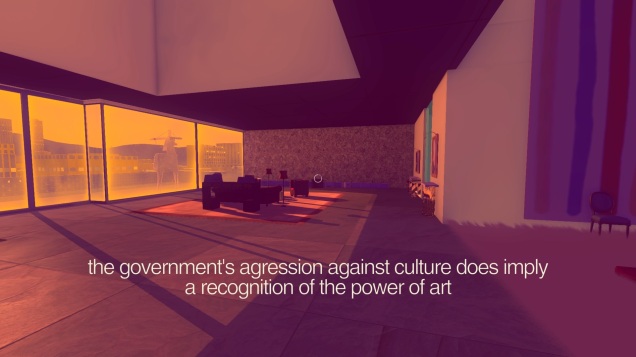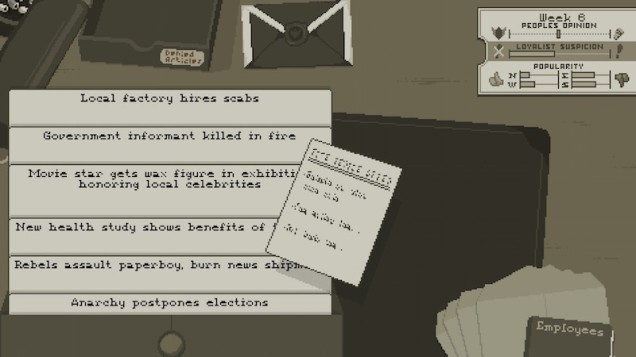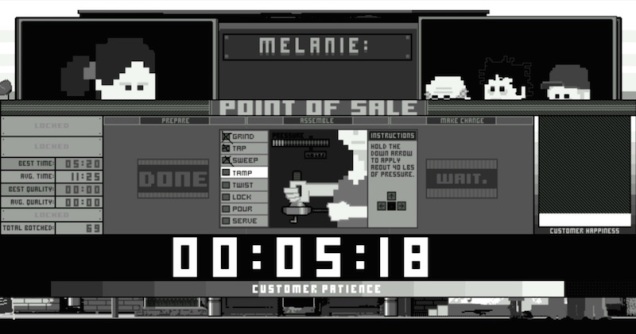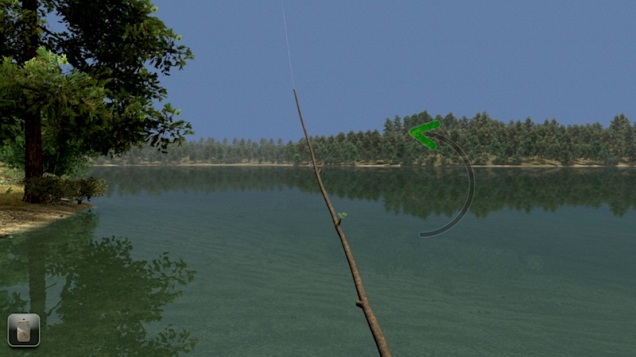
Today marks the 163rd anniversary of the publication of Henry David Thoreau’s Walden; or, Life in the Woods. I am celebrating the occasion by resurrecting my old “Process Genre in Videogames” blog post series, and turning an eye toward the USC Game Innovation Lab’s recently-released Walden, a game, across two posts.
In this series, I borrow the term process genre from Salomé Aguilera Skvirsky’s work in cinema studies. According to Skvirsky’s definition, “process genre” films are films about labor, films that focus on processes of doing and making, that are fascinated with seeing tasks through to their completion. They are deliberately paced, meditative, and often political. In this series of posts (you can see them all here), I examine games that strike some of the same chords.
Yesterday, I compared and contrasted Walden with Minecraft, including a consideration of the Life in the Woods: Renaissance mod pack, which heightens Minecraft‘s Thoreauvian aspects. Of central concern was each game’s treatment of the natural world as a collection of resources. Today, I turn to the matter of “inspiration,” and how Walden, a game transforms enlightened, deliberate living into a game.
